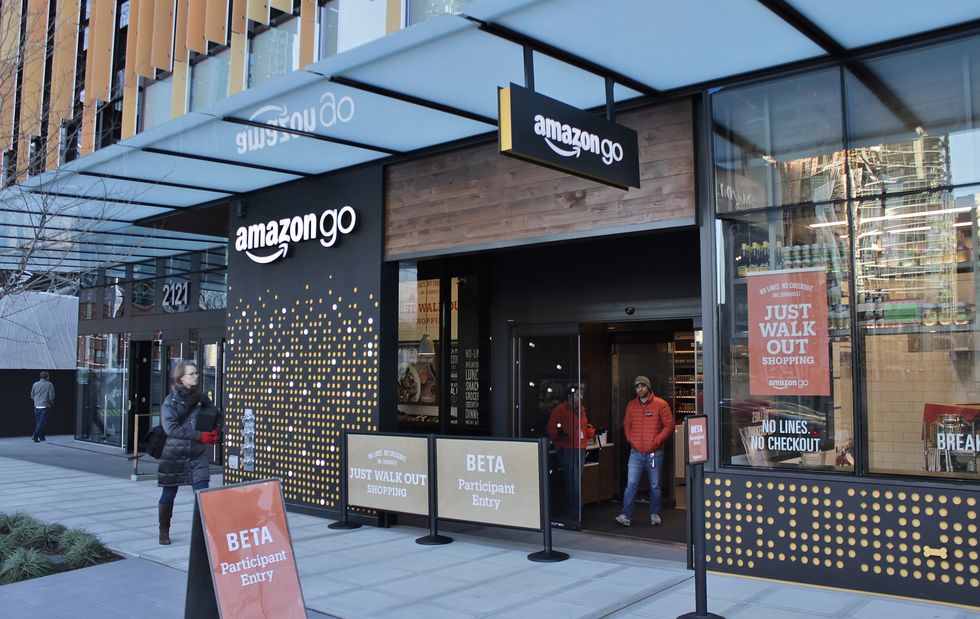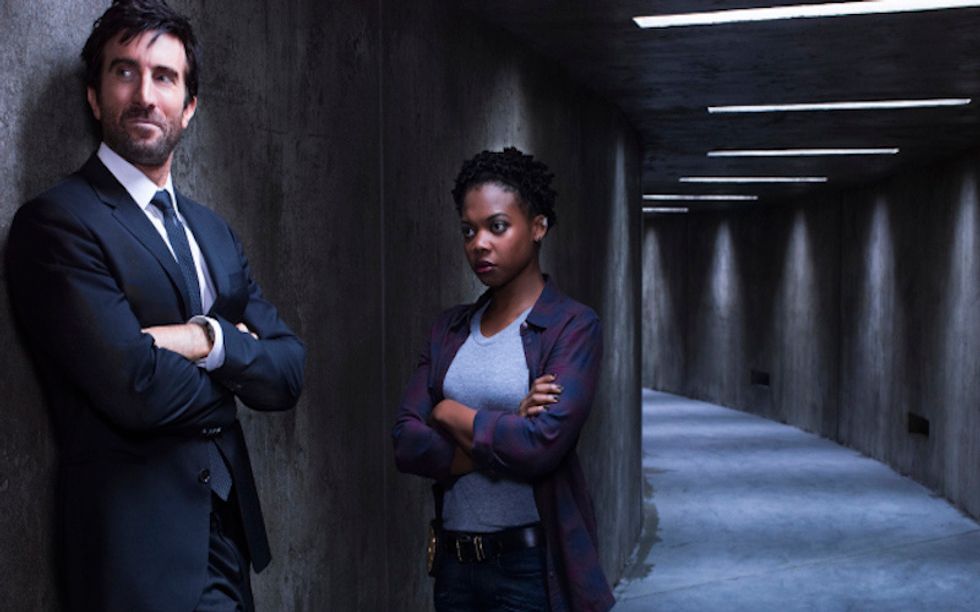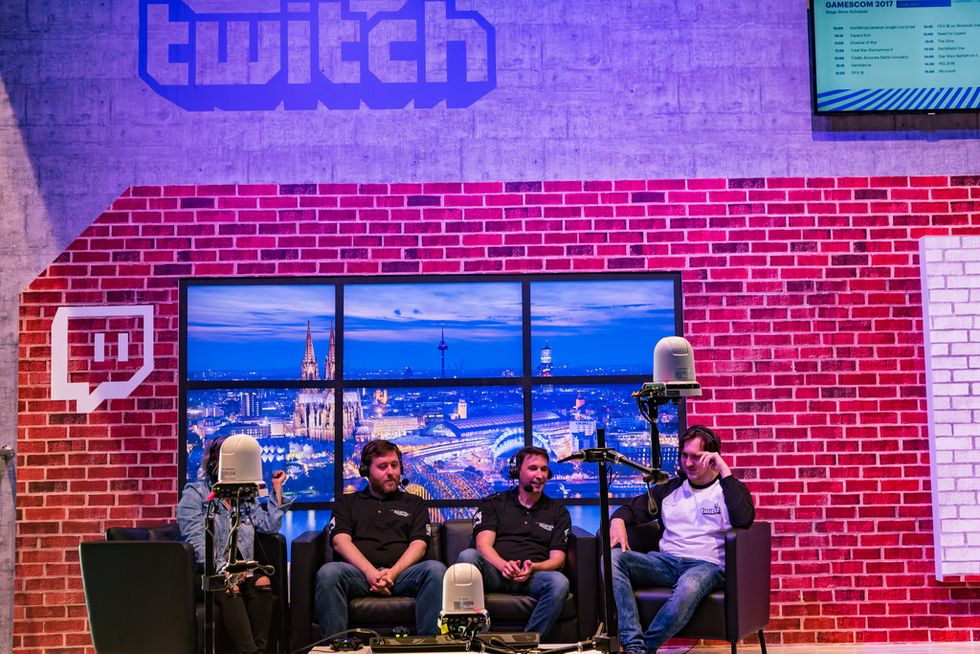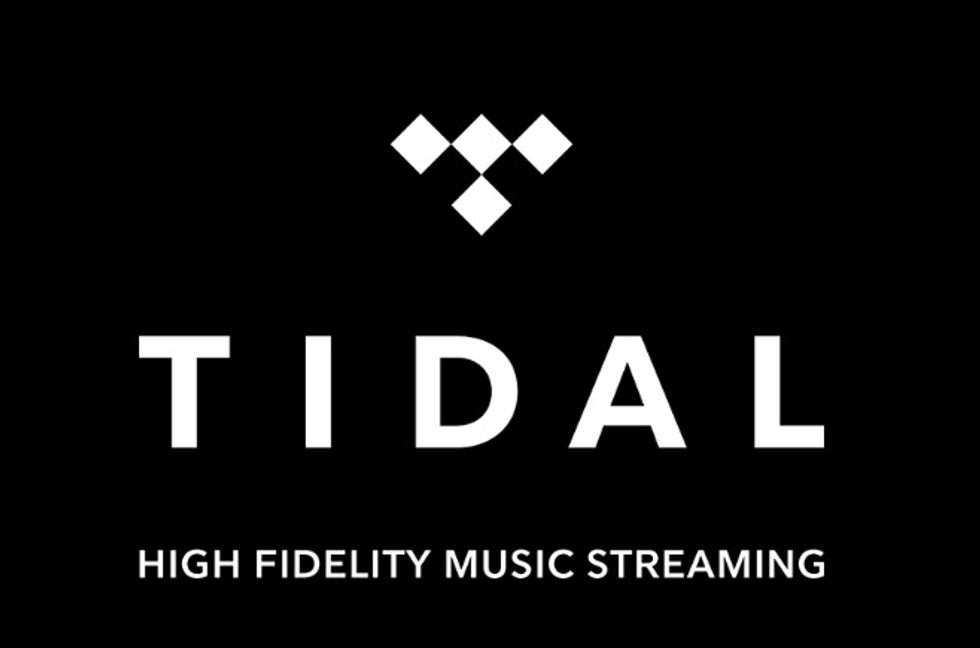I finished watching the new season of "Stranger Things" on Netflix this past weekend, binging both seasons within a span of 4 days. It's hard to imagine a show so good created just to binge at my disposal, a show that easily competes with the likes of HBO and AMC in quality. And the quality of shows being pushed out (what feels like every day or so) are getting better, like Cannes/Sundance better. A wild innovation to an otherwise archaic caste system of DVR lists and channel roulette, and its definitely fair to say this trend of instant-gratifying services will continue their bolstering
convergence into a true one-stop shop, a place where you can have it all: from sponsored music labels to television and groceries. Amazon is leading in the polls towards this trend of a universal market platform, offering phone-inclusive grocery services (beer drones?), their own channel of original television and movies, and an online shopping giant, with room to grow into other up and coming setups, hell I could be one of the first News journalists for Netflix.
In what started as blockbuster waging war on inconsistent reruns over TV and movie ticket prices, now is Amazon offering line-less grocery stores, online shopping anything from books to bodies (A.I. of course, I hope?), and Netflix making more movies than traditional Hollywood can keep up with. The platform to visual access is rapidly changing
right before our very eyes. The next step: a true one stop shop. Online. (Look up upcoming ventures into new markets like healthcare, sports equipment, music, etc. What if Netflix had it's own record label, it's own iTunes? TV and media sites, online shopping sites and department companies, all trying to build a complete forte of services from groceries to TV to music, pretty soon it will be which companies does one subscribe to. Facebook delving into news and becoming its own search engine, while Vice is becoming its own TV channel (with its millions of sub media companies like Noissey and Munchies that span from Hip Hop culture, Weed, Technology, and Fuck that's Delicious with Action Bronson), the point of relevance nowadays lies solely in what a company is and isn't involved in, and we will see many companies fall under this shift (cough* Ebay).
Microsoft attempted to develop a Halo-TV show exclusive for Xbox owners, and in the same year (2014), Sony began developing their first original drama based off the novel Powers. On the flip side, Amazon has been delving into the video game industry, reportedly bringing in former staff from both Sony and EA games to develop Amazon Game Studios, and purchasing e-game streaming service Twitch for $970 million in 2014.
In the music world, streaming companies like Spotify and Apple Music are fighting for their slice of the action, with Spotify starting to offer original video content with music based documentary series, "There is nothing to "binge-watch"—just a two-minute animated short called “How EDM Changed the World,” the first in a series titled Deconstructing that will explore music's social and political underpinnings. Created in collaboration with new media company ATTN:, which received $4.1 million in funding from the likes of Ryan Seacrest and Troy Carter in 2014, the premiere provides a sneak peek into Spotify’s ambitious plans to roll out as many as 12 original video series over the coming months." In response, Netflix began to premiere music-heavy shows like The Get Down with the production by Hip Hop aficionados such as Nas, Grandmaster Flash, and Kurtis Blow. With Streaming Services fighting for quantitative access, independent music companies like Tidal offering high fidelity tracks, ticket pre-sales, and exclusive albums from big names like Beyonce, Kanye West and Jay Z to give more power to the artists. That being said, past few months have illustrated a rather David and Goliath situation, with Jay Z already selling his claim to the streaming company, with hopes to exit the industry altogether: "But if you’re Jay Z and you’re running a small scale streaming business — Tidal claims it has three million subscribers, though those numbers have been disputed — then you’re either funding those losses out of your pocket or getting someone else to do it for you. So an early exit would have always been part of the plan."
While this may not necessarily mean people won't allow some autonomy for the means of self-gratified comfort in the coming years, I'm nearly convinced this won't result in Dystopian future, as we all love rustic traditions, so save those VHS tapes, they'll be in style again eventually, its the way we work. I can imagine however, a future market economy in which we subscribe ourselves to companies for a package system of services, ranging from automotive to groceries and media like news, music and television. The companies that survive the coming trails will surely reign in relevance in this future, their banners the parties' logo, for their wide-encompassing design.
So this begs a few questions, for what will happen to the glowing trend of specialized services that accompany higher quality for products for selective interests, like shoes, glasses, bikes, etc. Like the aroma of nostalgia that coincided, these will simply be a thing of scarcity, with a large decline in specialized products like bikes (42% since 2001 according to NBDA), cobblers, and hardware maintenance. Personalized products will instead be measured and assessed online, with a drone sending the final product, expedited shipping the norm. The conglomerate giants like Amazon and Netflix will no doubtedly begin pumping out Bottega Veneta like seasons of CBS reruns. Maybe Big Brother will actually become 6 or 7 cousins, not directly watching over us but sure as hell wanting to, subscription package in hand. This begs the final question left for everyone of us:
who will you subscribe to?























